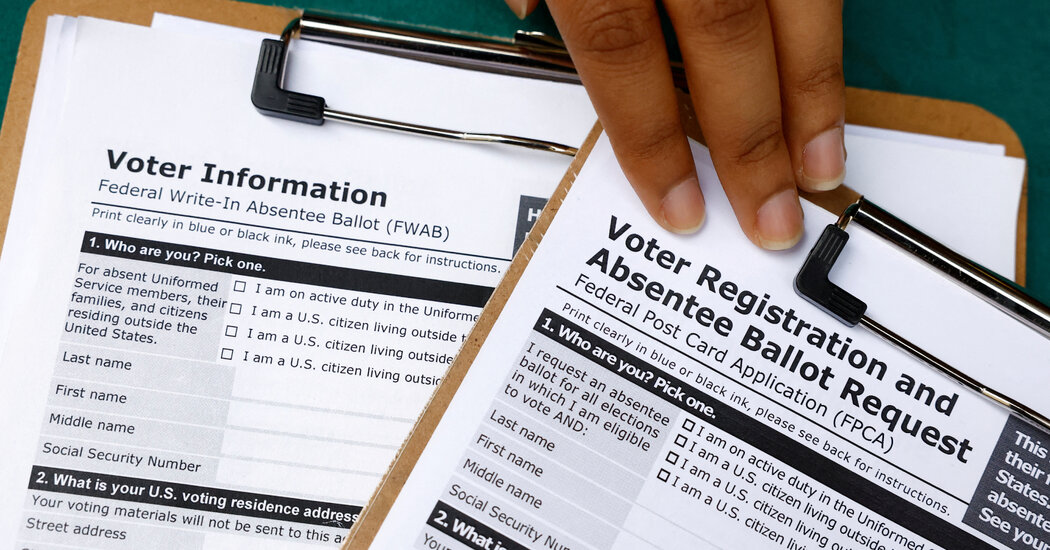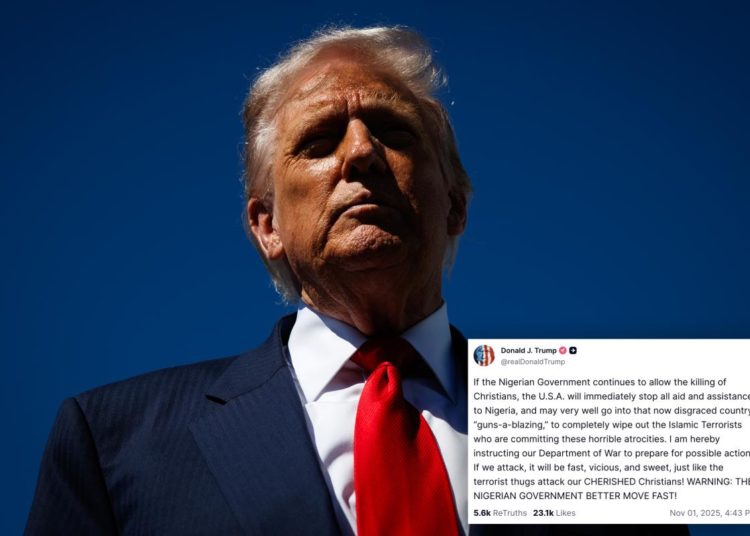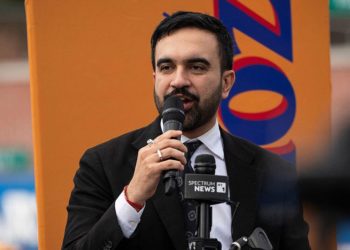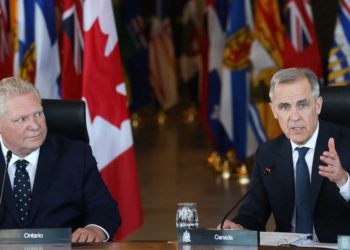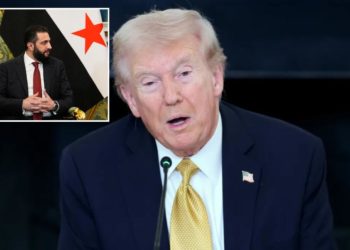A federal judge in Washington permanently barred the Trump administration on Friday from requiring proof of citizenship on federal voter registration forms, a change dictated in an executive order President Trump signed in March.
The ruling definitively halted the effort to compel the Elections Assistance Commission, an independent body, to adopt nationwide changes to voting procedures at a time when the president has also called for requiring voter identification in elections and ending mail-in voting. For months, voting rights groups have warned that those changes, in tandem with the deployment of the national guard to the streets of Democratic-led cities, resembled steps of a voter-suppression strategy.
In a firm 81-page opinion, Judge Colleen Kollar-Kotelly of the Federal District Court for the District of Columbia wrote that Mr. Trump’s order clearly violated the separation of powers, claiming authority over the voting process not afforded by the Constitution.
“Congress has never assigned any responsibility for the content of the federal form to the president or to any other individual in the executive branch with the power to act unilaterally,” she wrote. “The power to alter the federal form is — and always has been — delegated solely to a bipartisan, independent commission.”
The opinion also traced American history back to the country’s founding, repeatedly noting that besides the small role of the Elections Assistance Commission, which was created by Congress in 2002 to assist with elections, the Elections Clause of the Constitution grants authority over elections to the states.
“The Court pauses to note a conspicuous absence from the legal and historical context thus far provided,” Judge Kollar-Kotelly wrote. “The states have initial authority to regulate elections. Congress has supervisory authority over those regulations. The President does not feature at all.”
The decision settled the question raised in a trio of lawsuits brought by a broad coalition Democrats and voting rights groups including the League of United Latin American Voters and the League of Women Voters Education Fund.
Judge Kollar-Kotelly, who was appointed to her current post by President Bill Clinton, had previously sided with the groups that filed the suits, temporarily blocking the proof of citizenship provision in a decision in April. In a related case brought by a coalition of attorneys general from Democratic states, a judge in Massachusetts in June temporarily blocked the executive order more broadly, including a provision imposing on states for counting mail-in ballots.
Abigail Jackson, a White House spokesman, said the government would appeal Judge Kollar-Kotelly’s latest ruling. “President Trump has exercised his lawful authority to ensure only American citizens are casting ballots in American elections,” she said.
Democrats and the voting rights groups hailed the decision as a major breakthrough.
Senator Chuck Schumer, Democrat of New York and the minority leader, celebrated the ruling on X, calling the executive order an attempt at “disenfranchising Americans” and “voter suppression.”
Throughout his political career, Mr. Trump has repeatedly made claims about significant noncitizen voting, which have been repeatedly debunked. More recently, the president has also enlisted the Justice Department in an effort to build a national voter roll database over the objections of many states, seeking to substantiate the false claims.
Norm Eisen, the executive chair of the Democracy Defenders Fund, which helped represent one of the groups that sued, said the executive order “represented the intersection of two of President Trump’s obsessions” — bringing together false premises about noncitizens’ voting with more general alarmism about immigration.
“The court not only stopped the executive order on its own terms, but also delineated the constitutional parameters that bar the president from pursuing these false conspiracy theories in the electoral arena,” he said.
In other statements on Friday, leaders of the groups behind the suit said the requirement to prove citizenship would have likely fallen hardest on women, service members and the poor, among other groups that statistically tend not to have such proof readily available.
Around 21.3 million people do not have government-issued proof of citizenship on hand, according to a 2023 study by the Brennan Center for Justice, a voting rights and democracy group, and the University of Maryland.
Zach Montague is a Times reporter covering the federal courts, including the legal disputes over the Trump administration’s agenda.
The post Judge Permanently Bars Trump From Requiring Proof of Citizenship for Voter Registration appeared first on New York Times.
